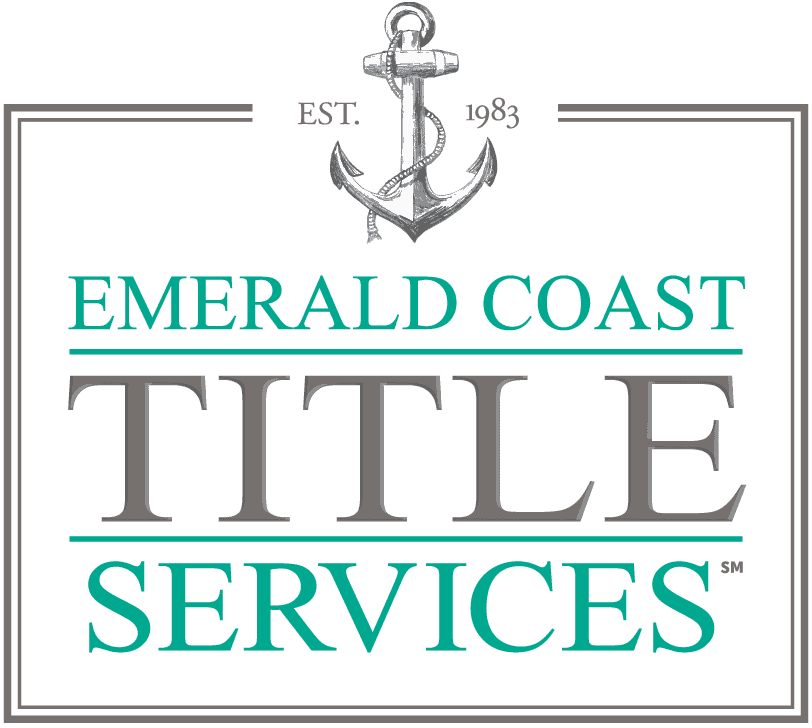A trust is a fiduciary relationship between a trustee, a settlor, and a beneficiary. A trustee is an individual or entity appointed to administer assets of property for the benefit of a third party, also known as a beneficiary. The settlor, or trustor, is the person who creates the trust. A beneficiary has a present or future interest in a trust. The trustee, not the trust, holds legal title to the real property, and the beneficiary holds equitable title. There can be more than one trustee, settlor, and beneficiary for one trust. A trust is very similar to a will, and it is a document where you reserve all rights for yourself and then lay out how you would like all of your assets and property to be distributed to your beneficiaries. The trust process eliminates the court, unlike the probate and will process. With a trust, everything can be handled internally with you and your family members.
There are many benefits to having a trust, including avoiding the costs of probate, which can be very expensive. It also gives you the ability to have someone step into your shoes a lot easier if you become incapacitated. Additionally, it avoids multiple probates in multiple states if you own property in more than one state.
For a trust, you can designate certain stipulations or incentives for your beneficiaries. This can include limiting the amount of money they can receive from the trust over time, if they will need to complete something before they can receive any of it, or even if they must become a certain age before they can receive it.
Complications can arise when a trustee of a trust holds title to homestead property. The Florida Constitution provides broad-ranging protections for spouses and minor children such as restrictions on alienating (selling or mortgaging) the homestead without spousal joinder; and restrictions on devising the homestead by last will and testament or other testamentary instrument, such as a trust agreement. For a revocable trust, Florida statute requires certain language in the trust to maintain the homestead benefits.
A land trust is a legal entity that takes ownership of, or authority over a piece of property at the request of the property owner. Land trusts are living trusts that allow for the management of property while the owner is alive. The benefits of land trusts are that they generally protect landowner anonymity and keep property out of probate. However, these protections aren’t always guaranteed, and there is a risk of losing redemption rights and being disqualified from secondary market loans. These trusts are revocable and are meant to be used during your lifetime for managing properties.
Want more information on trusts? Listen to our recent podcast episode that dives further into the different reasons why a trust may be beneficial to you!

